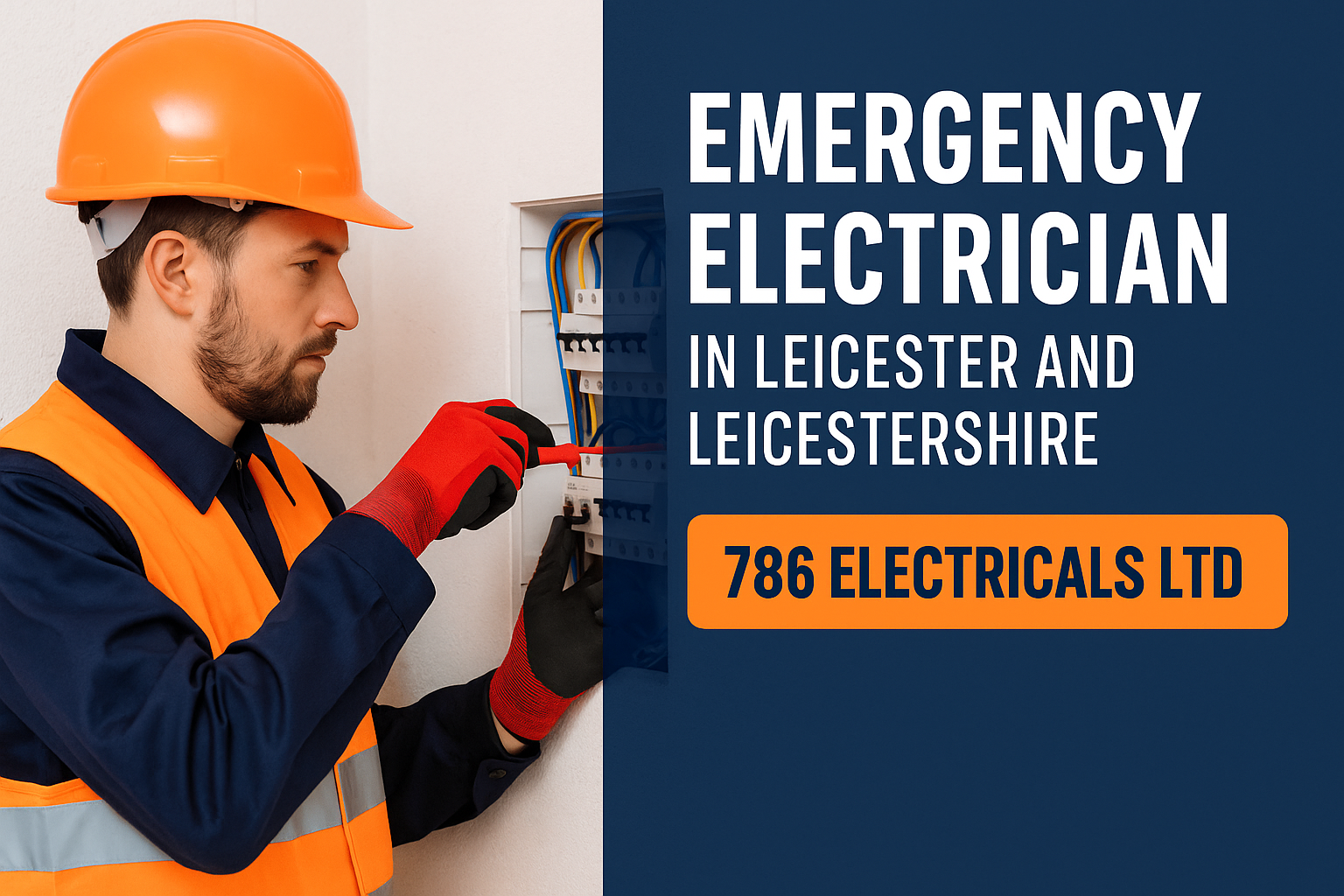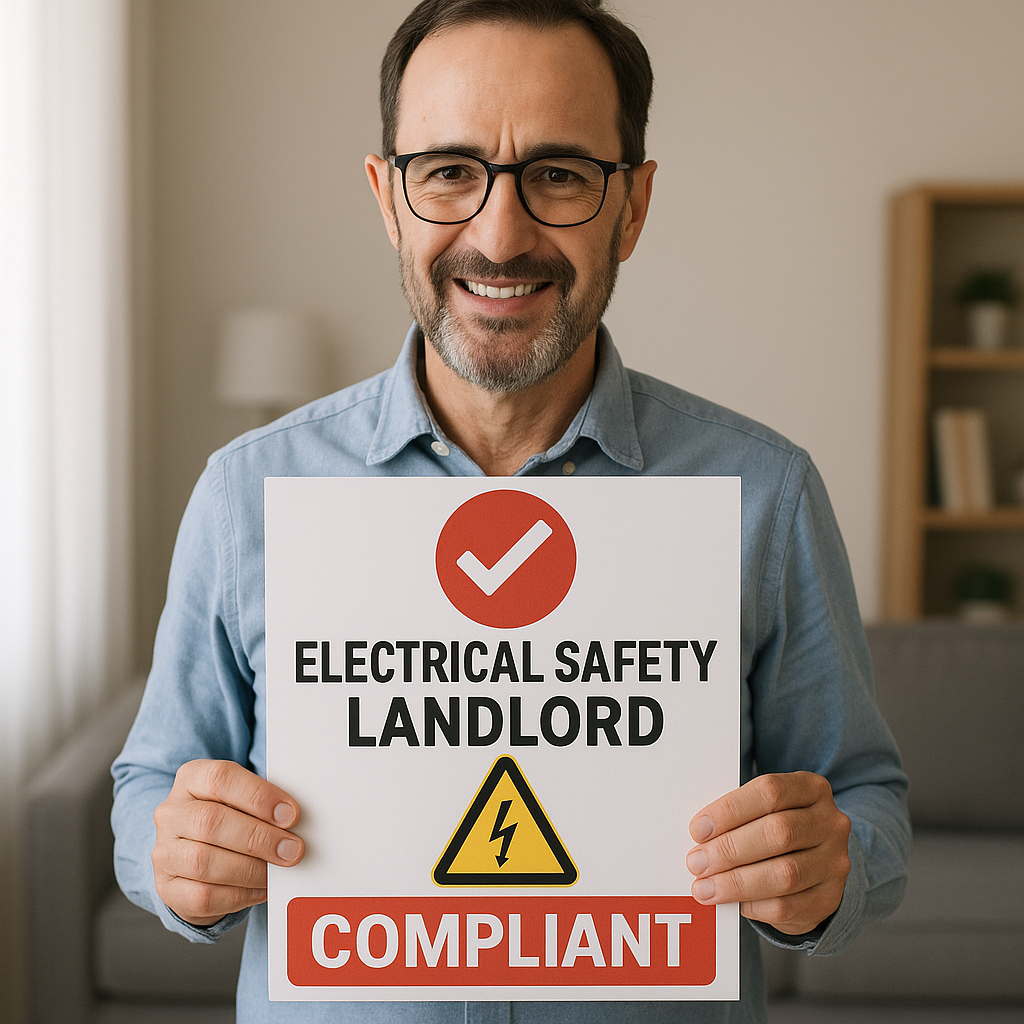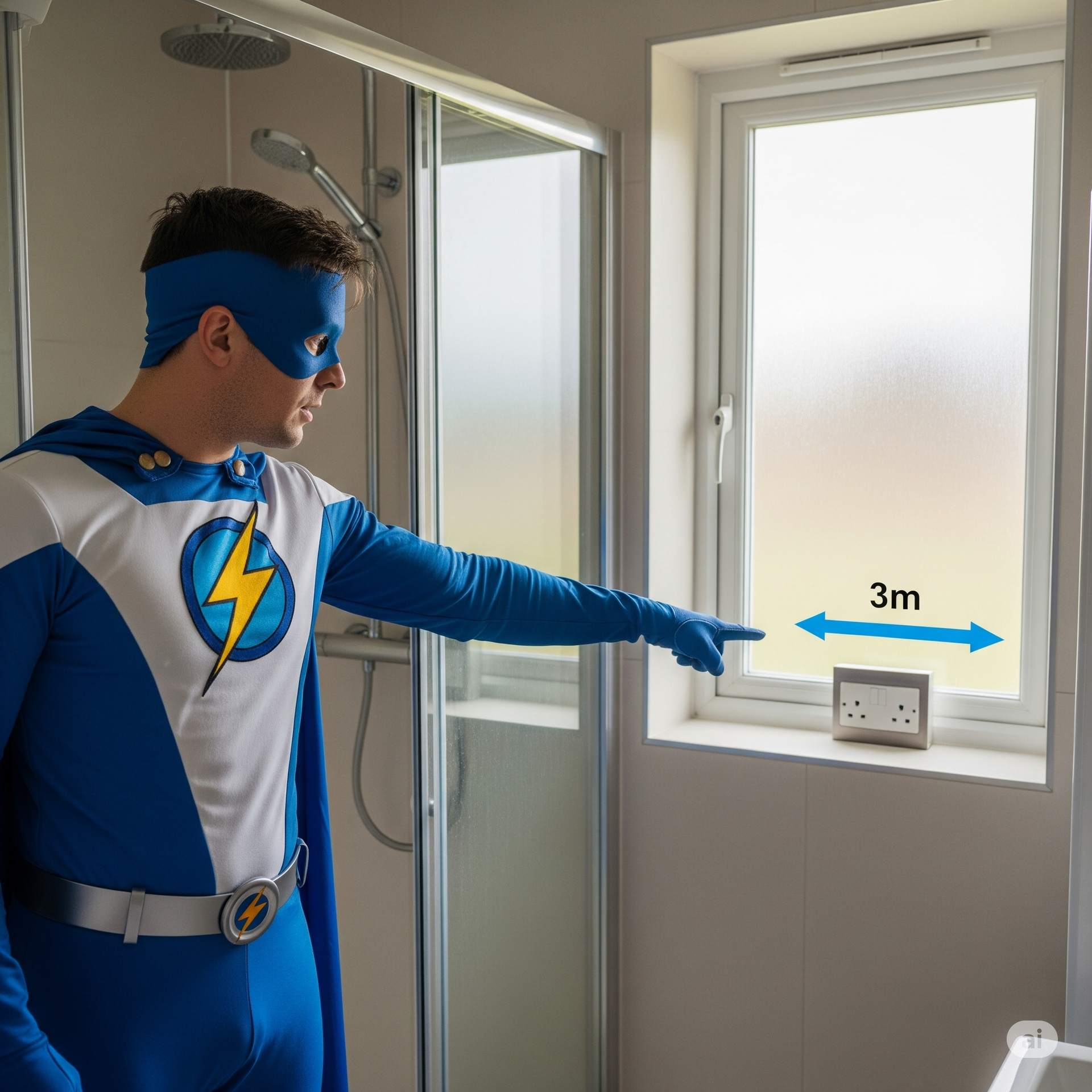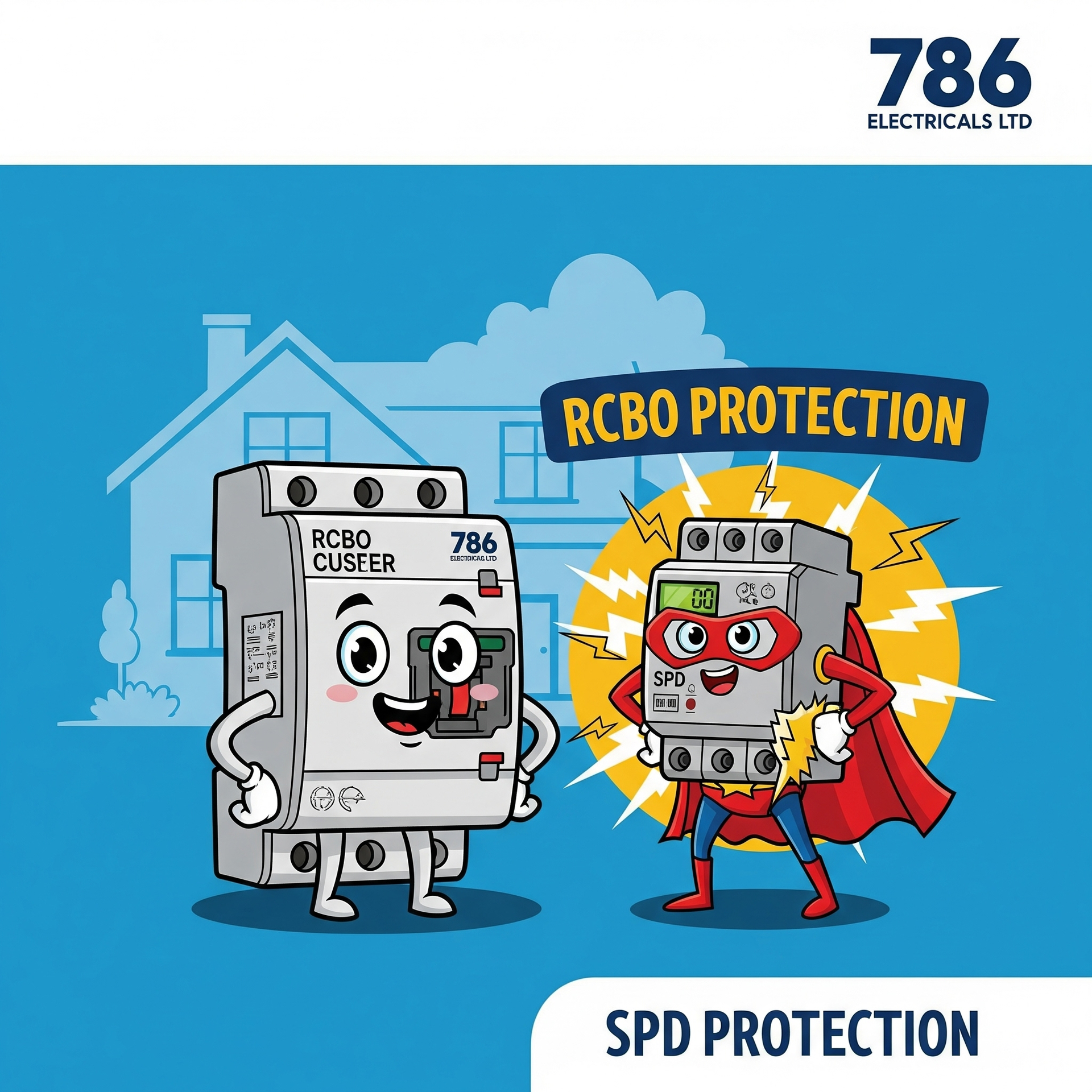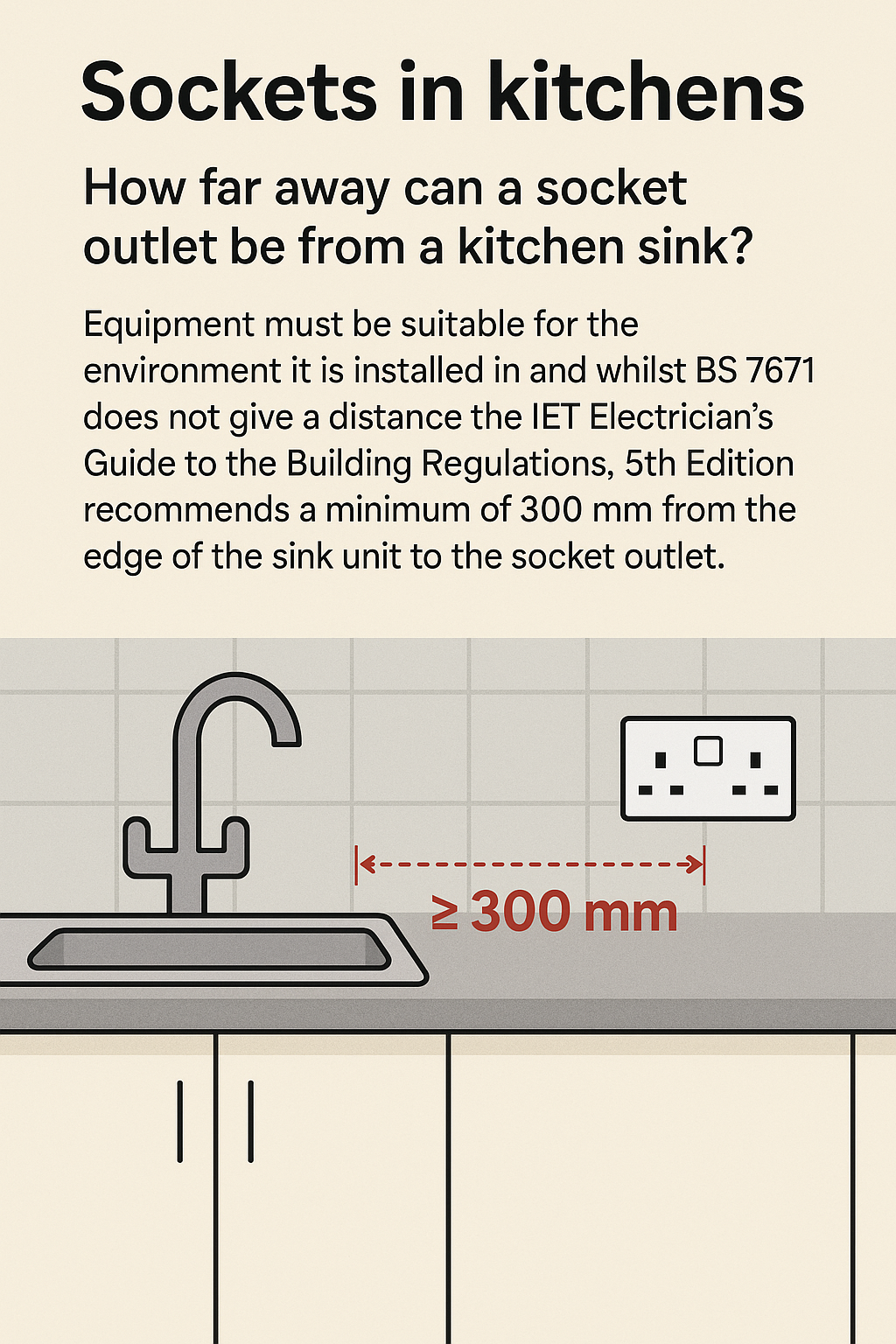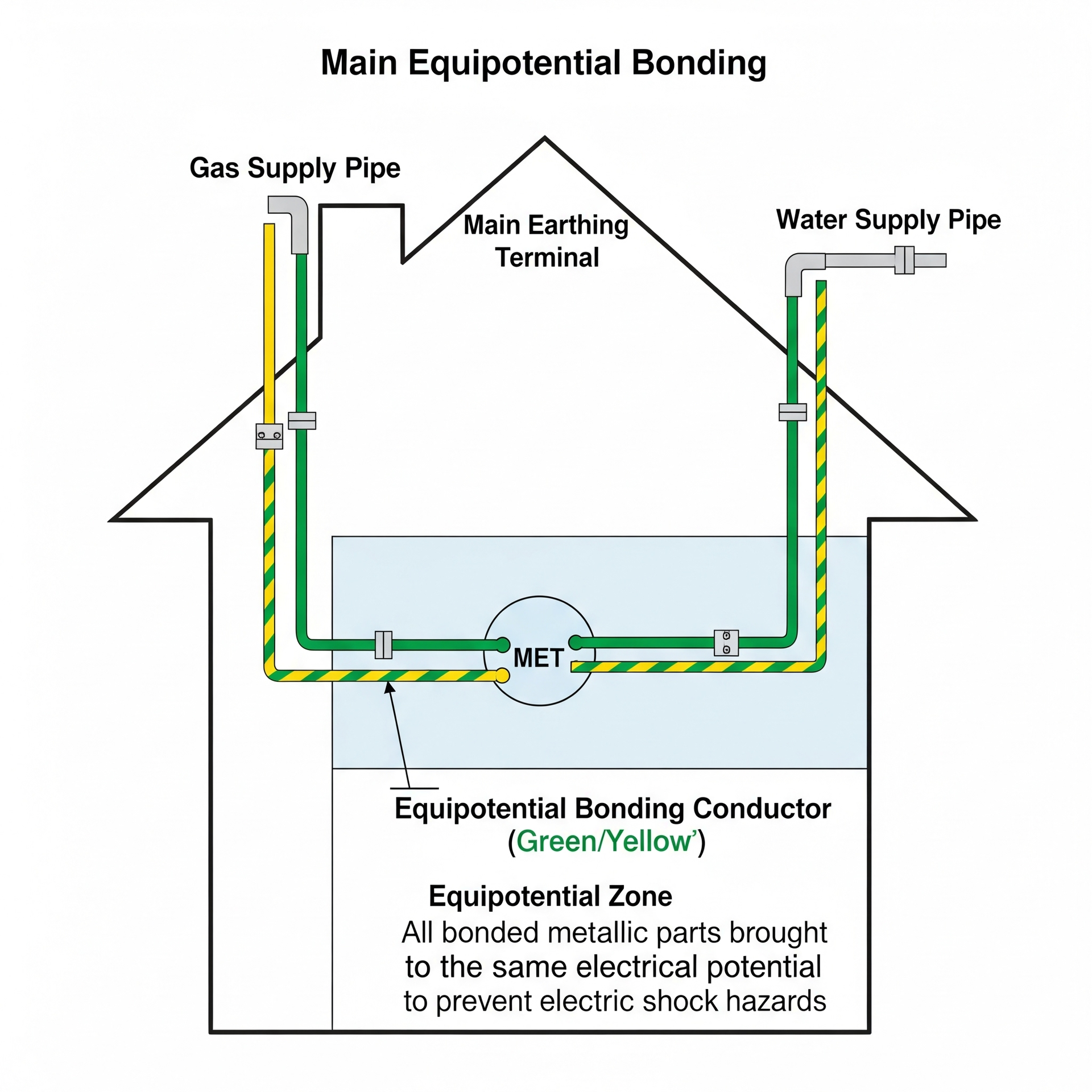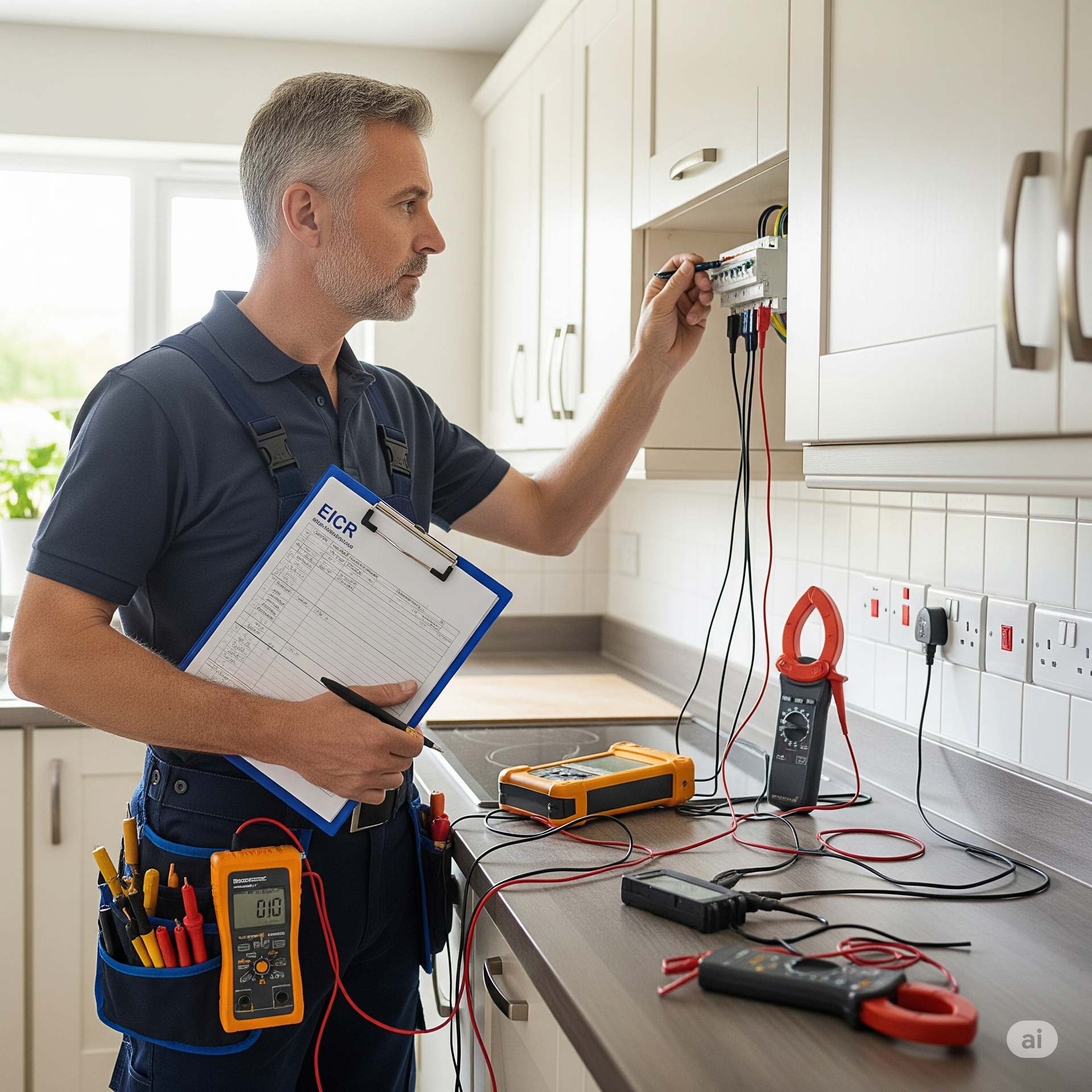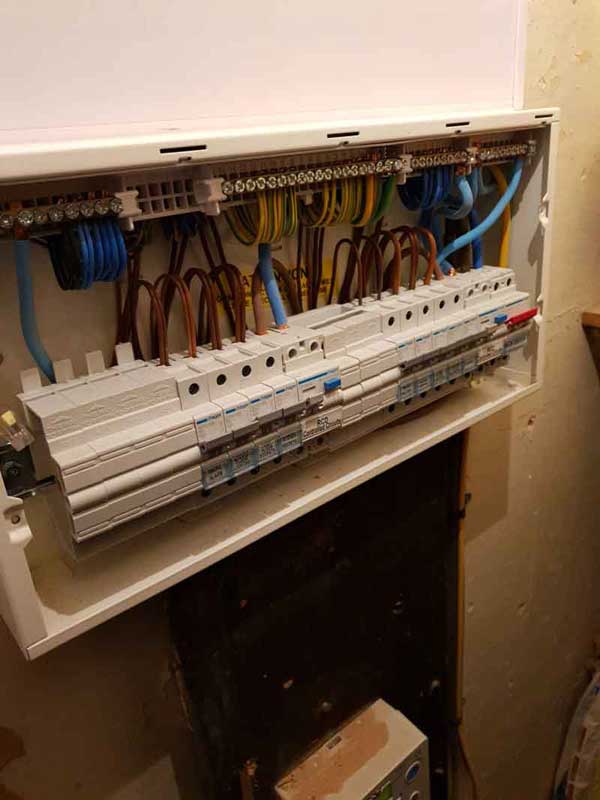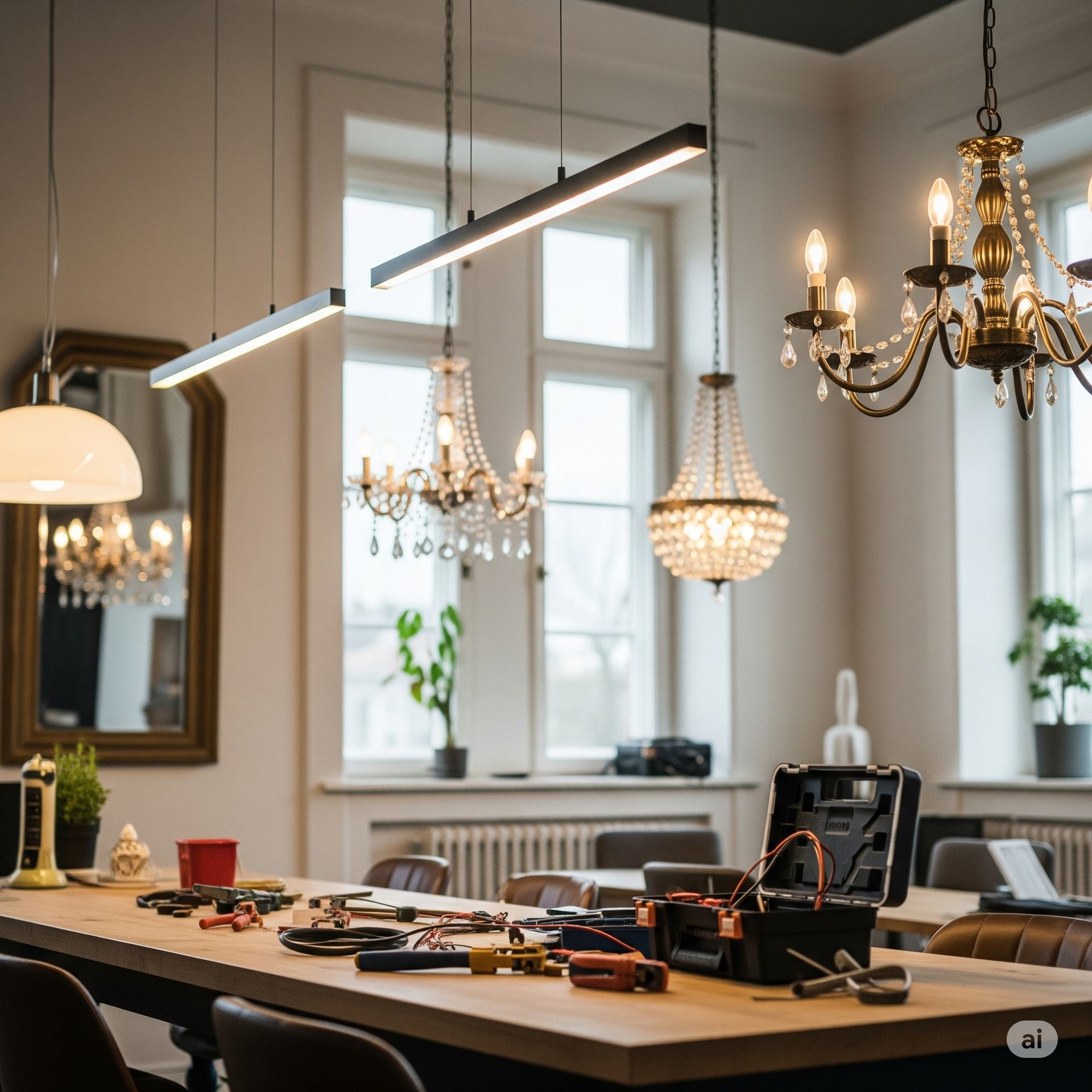Electrical Safety In Leicester and Leicestershire
An Electricians View From Leicester: Basic Electrical Safety

Electrical Safety: Tips and Precautions to Protect Your Home and Family
Electricity is a vital part of our daily lives, powering everything from our appliances to our smartphones. However, it is also a potentially dangerous force that requires careful attention and precaution. In the UK, electrical accidents are responsible for hundreds of injuries and fatalities each year, making it essential to prioritize electrical safety in your home. Here are some tips and precautions to help you protect your home and family.
Regularly Inspect and Maintain Electrical Systems
One of the most critical steps in electrical safety is to ensure that your electrical systems are functioning correctly. Regularly inspect and maintain your home's wiring, circuit breakers, and outlets to identify any potential hazards, such as frayed wires, loose connections, or overloaded circuits. If you notice any issues, hire a qualified electrician to fix them immediately.
Use Safe Electrical Practices
Safe electrical practices are essential to minimize the risk of electrical accidents. Here are some general guidelines to follow:
Unplug appliances before cleaning or repairing them.
Avoid touching electrical outlets or switches with wet hands.
Keep flammable materials away from heat sources, such as space heaters and lamps.
Never use damaged or frayed cords or wires.
Do not overload electrical outlets or circuits.
Install Safety Devices
Installing safety devices can help prevent electrical accidents and reduce the severity of injuries. Here are some common devices to consider:
Residual Current Device (RCD's) – These devices protect against electrical shock by shutting off the power if a ground fault occurs.
Arc Fault Circuit Interrupters (AFCIs) – These devices detect and shut off power if they sense an electrical arc, reducing the risk of fire.
Tamper-Resistant Outlets – These outlets are designed to prevent children from inserting foreign objects, such as keys or paper clips, into them.
Educate Your Family
Electrical safety is a team effort, and it is crucial to educate your family on safe electrical practices. Teach your children not to touch electrical outlets, cords, or appliances and to seek help if they see any issues. Consider holding regular safety drills to ensure that everyone knows what to do in case of an electrical emergency.
Hire a Qualified Electrician
When it comes to electrical safety, it is always better to be safe than sorry. If you are unsure about the safety of your electrical systems or need assistance with repairs or upgrades, hire a qualified electrician. Look for a NAPIT Registered electrician with experience in residential work and a good reputation in your community.
Conclusion
Electrical safety is essential for protecting your home and family from electrical accidents. By regularly inspecting and maintaining your electrical systems, using safe electrical practices, installing safety devices, educating your family, and hiring a qualified electrician, you can minimize the risk of electrical accidents and enjoy the benefits of electricity safely. Remember, electrical safety is everyone's responsibility.







